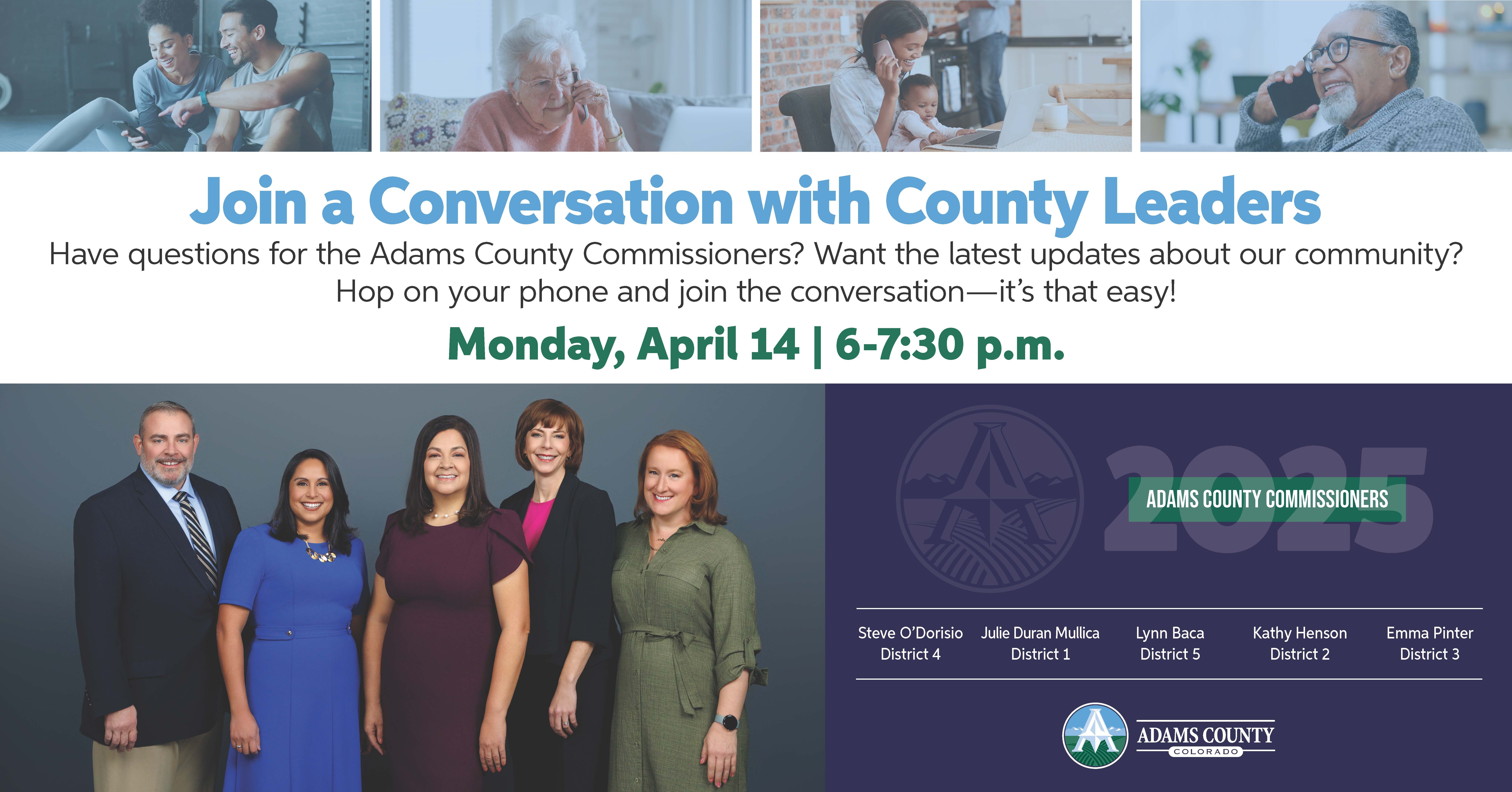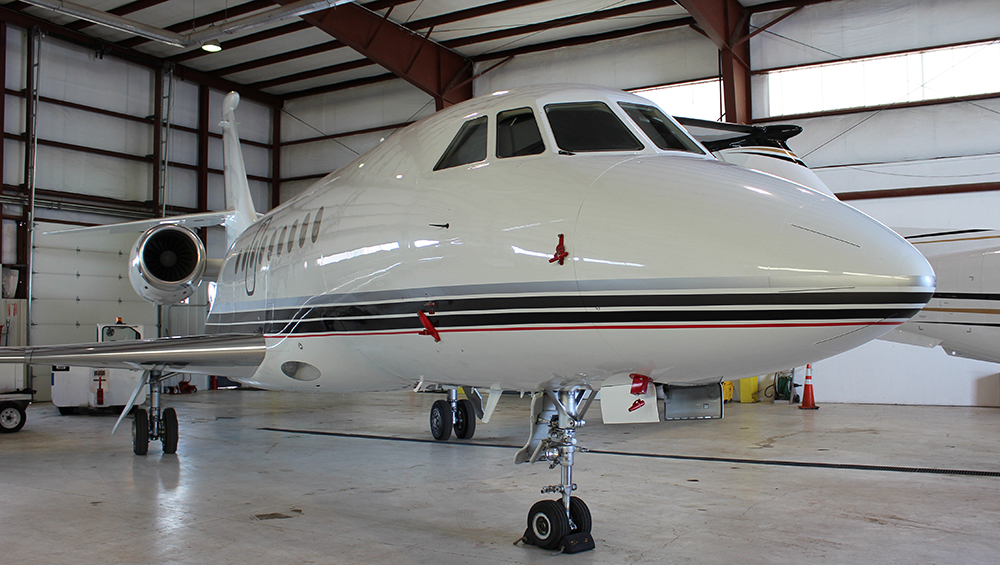 Disasters like floods, tornadoes, fires and winter storms can occur with little to no advance warning and can often overwhelm a community quickly. What does it mean to be prepared? Planning ahead can help you and your family recovery more quickly after a disaster.
Disasters like floods, tornadoes, fires and winter storms can occur with little to no advance warning and can often overwhelm a community quickly. What does it mean to be prepared? Planning ahead can help you and your family recovery more quickly after a disaster.
Take our Disaster Preparedness Quiz and test your preparedness knowledge.
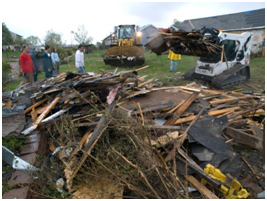 Know Your Risks
Know Your Risks
Find out what type of disasters are most likely to happen in your area and how to prepare for each. Emergency preparedeness is about individual responsibility.
Be aware of the disaster potentials that surround your daily life. This includes where you work, where you live, where you commute, where you go to school and where you vacation or recreate. It is good practice to ask yourself, “what would happen if (blank)” or “what would I do if (blank)?” These are important questions no one can answer for you. Asking ahead of time goes a long way in ensuring your personal safety. It is up to you to seek out the information you need to make the right decision for you and your family.
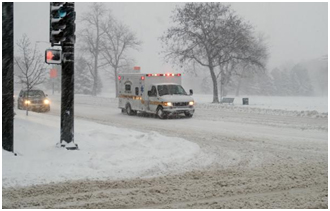 Be Aware
Be Aware
Find out what kind of warning sirens or signals your community uses. What do they sound like? What should you do when you hear them? Remember, when you're indoors, you may not hear outdoor sirens. Warning sirens are not a call to go outdoors to investigate, but a call to go indoors and gather more information. A NOAA All-Hazards Alert radio is a great source for receiving timely and accurate warning information. Most local jurisdictions and news stations have an emergency notification system that will send text messages or voicemails to your phone or smart device.
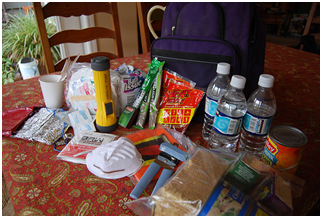 Be Prepared
Be Prepared
Take steps to minimize you and your family’s risk. This will take a conscious effort to start building an emergency kit and develop a family emergency plan. In a disaster, especially one of large scale, emergency responders like 911 operators, firemen, police officers and EMTs will be busy addressing life and death situations with already limited resources. It’s important to consider that the things that you rely on daily, such as cell-phone service, clean water, food, electricity, heat, transportation and gasoline might not be available after a disaster. Depending on the size of a disaster, there is a strong chance that you, your family, your pets, your friends and your neighbors will be without emergency assistance for at least 24-72 hours, or 1-3 days.
Create an Emergency Plan for Your Family
Meet with your family and discuss why you need to prepare for a disaster. Talk about the risks you face and how you will deal with them. Plan to share responsibilities and work together as a team. It is a good idea to practice and maintain your plan. Quiz your children every six months to make sure they know what to do. It is also a good idea to conduct home escape drills in case of a situation requiring quick escape.
Other Preparedness Tips
- Post emergency numbers by all phones.
- Teach children how and when to call 9-1-1 for emergency help.
- Show each family member how and when to turn off utilities.
- Know your insurance coverage and the hazards it covers.
- Make copies of important paperwork or have them in one spot for easy access should you need to evacuate quickly.
- Learn to use a fire extinguisher properly.
- Install smoke and carbon monoxide detectors on every level of your home, especially near bedrooms. Test detectors monthly and change the batteries at least once a year. Changing your batteries during your Daylight Savings Time clock reset is a great way to remember!
- Conduct a home hazard hunt.
- Stock emergency supplies and assemble a disaster supply kit.
- Learn first aid and CPR



